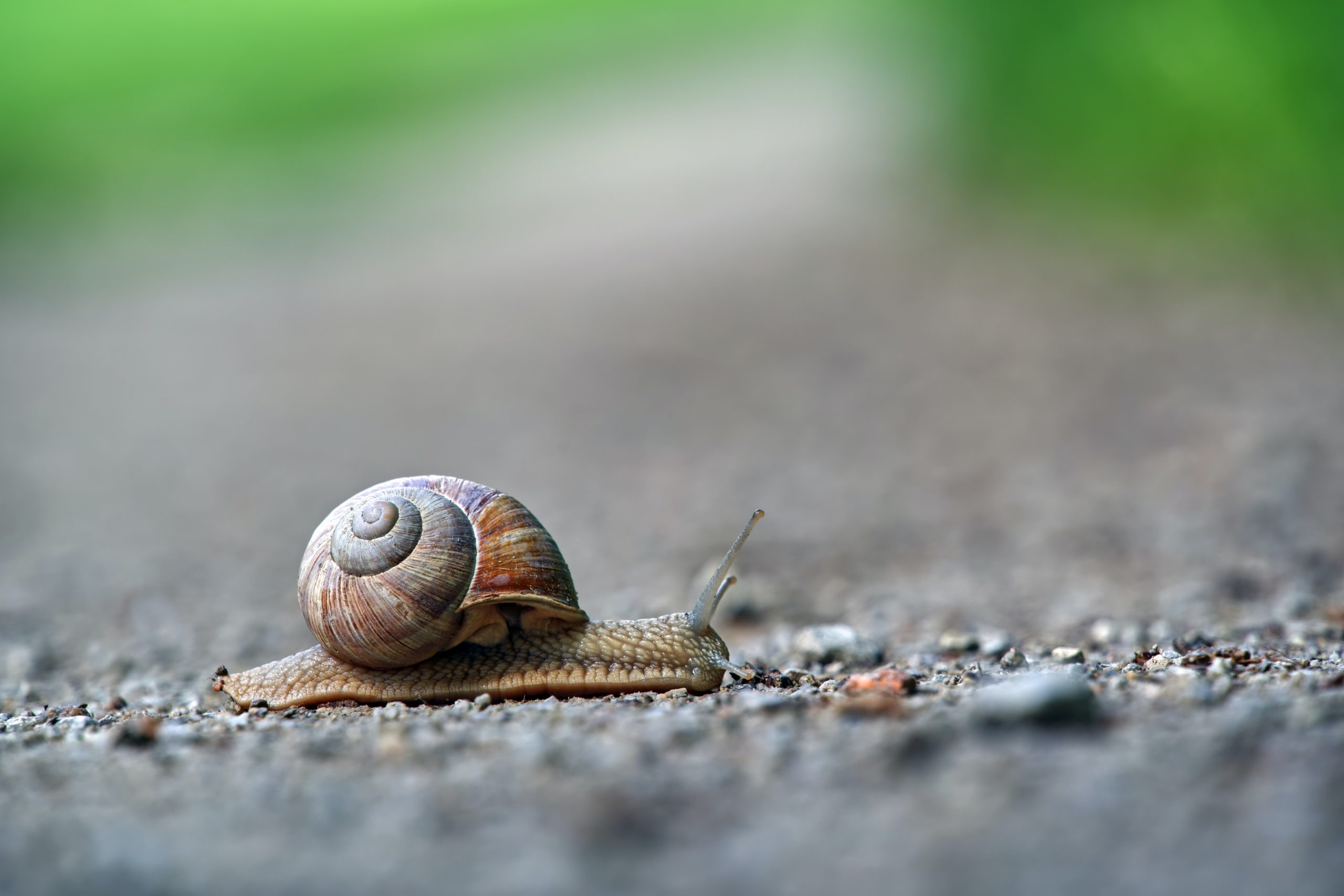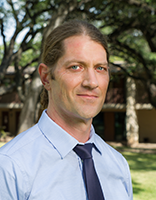While cloistered away in our apartment on Bellevue, I have been spending some time, among all the zooming and homeschooling and driveway exercising, reading from my favorite Greek theologian, Maximus the Confessor. I am finding him to be full of wisdom for moments like these that require some slowing down.
Maximus writes in Ambiguum 7 that theosis, the ultimate end of all creatures in becoming like God, is for us humans a goal to be both contemplated and practiced.
Contemplated, in that we have received the gift of wonder, which allows us to notice and celebrate the ways in which the many logoi —or essences, really—or all things have been “created in accordance with the logos that exists in and with God.” He takes delight especially in noticing different sorts of movements among creatures. Living things move physically toward what they desire—food, safety, sunlight—and thus are little parables of the movement of all things toward God. Even inanimate objects have a kind of movement, in that they invite us to notice they way they have “traveled” out of God’s mind and intention. And then the movement of our souls toward these logoi of created things—the intellect moves toward understanding them, the desire is moved by and toward what it loves—is also a parable of the way all of us were created to know and love the eternal Logos in God.
And theosis is also a practical matter, since “anyone who through fixed habit participates in virtue, unquestionably participates in God, who is the substance of the virtues.” To know and love justice and goodness, in his example, is to become wisdom and justice “in some limited sense.” Since wisdom and justice are ways of naming the logos in God, the habits that we are cultivating are holy-forming habits that bring us into participation in God “according to the measure” appropriate to our limited human forms.
These two layers—the contemplative and the practical—work together, since as I notice and celebrate parables of our collective movement toward God, I can experience them as new invitations to try them out. The opening of the flower, the path of the snail, or the generous act of a stranger can become for me invitations to cultivate new habits in my own movements. I could try that! What we’re doing, Maximus suggests, when we notice these movements and experiment with them in our own souls and bodies, is contemplating and practicing the beautiful and generous gift of theosis that God gives us.
Where do you see logos in the movements of the world around you?
Where do you experience movement toward beauty, justice, and goodness within you?
What is a small experiment you would like to try, to cultivate a participation in God today?



